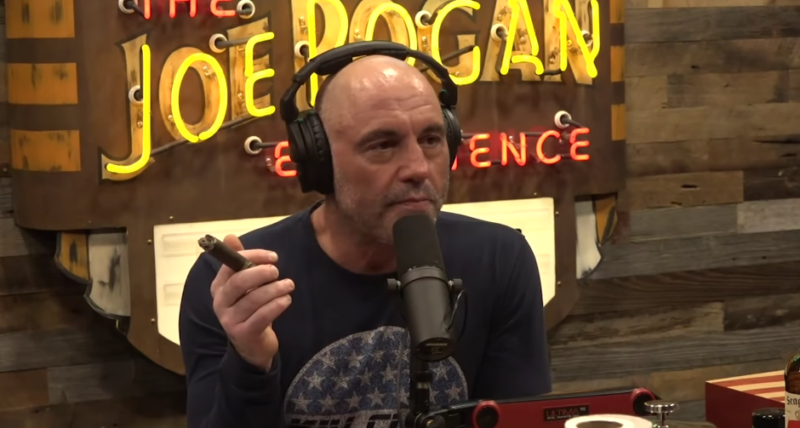Joe Rogan and the tension between truth and attention
If the history of Marketing tells us anything, it’s that sometimes it’s more important to be worthy of attention than strictly correct. We should not be surprised that the most popular podcast in the world is more interesting than accurate, writes Craig Page, Head of Strategy at VMLY&R.
“I’m not a doctor and I’m not a scientist” – Joe Rogan
Spotify’s official world’s-most-listened-to-podcast, the Joe Rogan Experience, has again been dunked in the hot plunge pool over his guests’ “alternative” takes on vaccines, mask mandates and dubious COVID treatments, casting doubt on advice from international governments, leading to reports of Spotify support teams being inundated with complaints, and Neil Young and Joni Mitchell withdrawing their content in protest.

Joe Rogan

